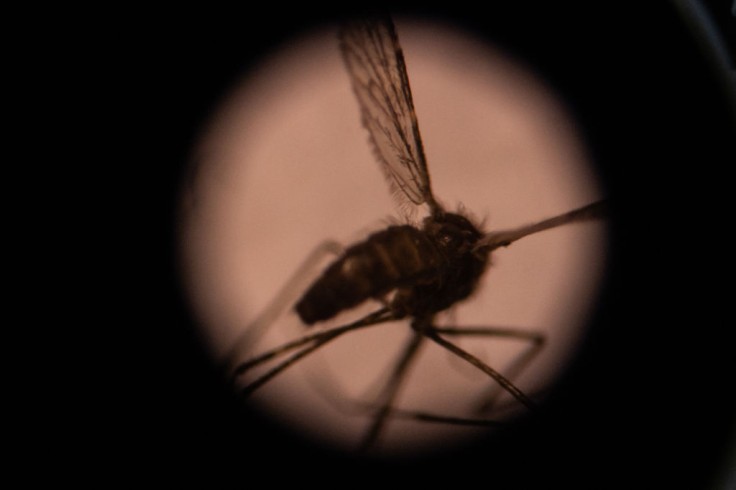
In a historic development, the World Health Organization announced on Wednesday that it is endorsing the widespread use of the first-ever vaccine against the mosquito-borne disease that kills 400,000 a year: Malaria.
The WHO endorsement comes after the pilot programs the agency deployed in Ghana, Kenya, and Malawi since 2019, wherein the vaccine was administered to 800,000 children, CNN reported. The program proved that the RTS,S/AS01 vaccine, known as Mosquirix, is feasible, safe and cost-effective to deploy and reduce severe malaria by 30 percent, the WHO said in a press release.
In Africa, malaria continues to be a main cause of childhood illness and death, with 260,000 African kids under the age of succumbing to the disease annually.
Malaria Vaccine Efficacy Rate
WHO Director-General Dr. Tedros Adhanom Ghebreyesus described the WHO recommendation as a "historic moment." He said utilizing the vaccine in addition to present tools to stop malaria "could save tens of thousands of young lives each year."
The release said it is recommending the widespread use of the malaria vaccine among children in sub-Saharan Africa and in other regions with moderate to high P. falciparum malaria transmission.
While most vaccines fight viruses and bacteria, this is the first time the WHO endorsed a widespread use of a vaccine against a human parasite, Agence France-Presse stressed in a report on Yahoo! News. The vaccine works against plasmodium falciparum, one of five malaria parasite species and the most fatal.
RTS,S/AS01 offers an efficacy rate of preventing 39 percent of malaria cases and 29 percent of severe cases--which are based on trials among small African children, Engadget posted. While it looks low, the effectiveness can be boosted by combining it with anti-malarial tools such as bed netting and insecticide.
WHO Global Malaria Programme Director Pedro Alonso emphasized that from a "scientific perspective, this is a massive breakthrough."
The WHO noted that in every two minutes, a child dies of malaria. Half of the malaria deaths globally are in six sub-Saharan African countries, with almost a quarter of those in Nigeria alone, agency figures noted.
Symptoms of the disease include fever, headaches, and muscle pain, which precedes chills, fever and sweating.
Malaria Vaccine Safety Profile
Further in its press release, the WHO noted that they have already administered more than 2.3 million doses of Mosquirix. The vaccination was done in three African countries.
Based on the results, the vaccine got a "favorable safety profile."
WHO Malaria Vaccine Recommendation Offers 'Glimmer of Hope' for Africa
The agency's regional director for Africa, Matshidiso Moeti said the endorsement offers a "glimmer of hope" for Africa, a region that he said "shoulders the heaviest burden of the disease."
In a press conference following the WHO announcement, Alonso said the projected cost of fighting malaria in sub-Saharan Africa is more than $12 billion a year.
After the recommendation, the next step in reaching the goal of deploying the vaccine to African children is funding, said Kate O'Brien, Director of the WHO Department of Immunization, Vaccines and Biologicals (per Yahoo).
What follows would be the scaling of doses, and decisions on where the vaccine would be most useful and deployed, O'Brien added.









